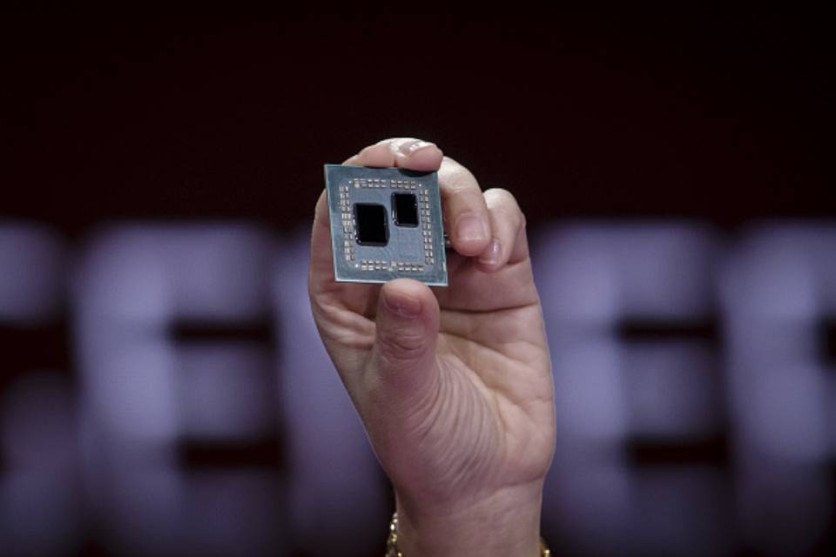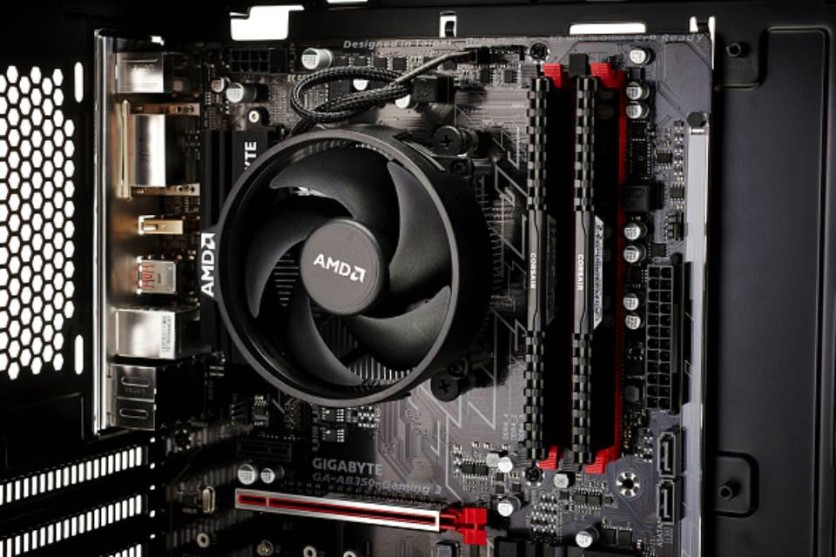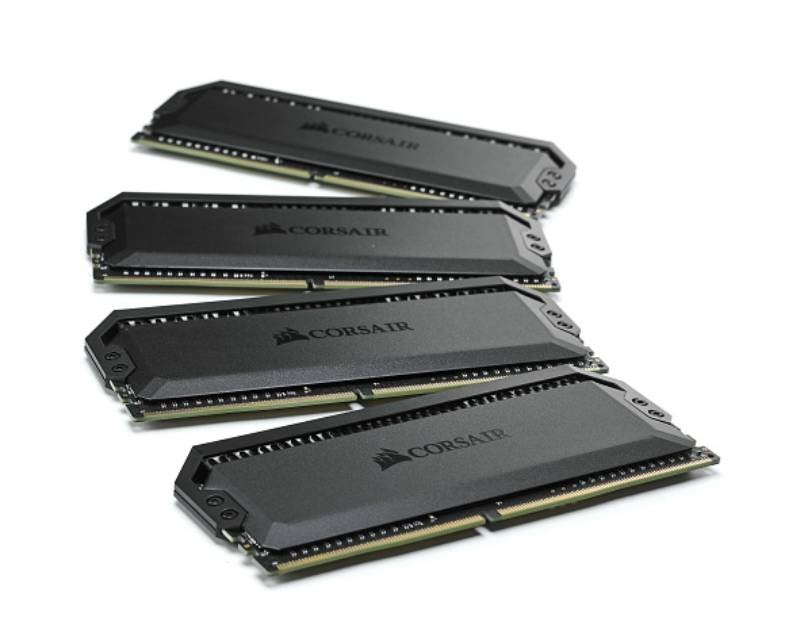AMD Zen 4 CPUs are coming soon, and it looks like it's going to be a truly next-gen experience with their upcoming chips.

WCCFTech reported that the brand-new Zen 4 CPUs from AMD, codenamed "Raphael", are going to be pretty solid in terms of tangible performance gains.
Among the biggest reveals is the rumored 20% IPC improvement, which is likely due to the so-called "enhanced" 5nm node pioneered by TSMC. This node was teased as early as last year by outlets such as PCGamer.
What this means is that compared to the 7nm Zen 3 parts, Zen 4 is going to pack even more transistors in a much smaller space, hence the IPC (instructions per clock) improvement. Aside from that, it's also reportedly going to feature support for super-fast DDR5-5200 memory right out the gate, and will have a 16-core flagship part at launch.
This news comes after it was earlier revealed that AMD will be going the LGA route for AM5, which will be the socket that supports its Zen 4 chips (likely to be called the Ryzen 7000 series). Insiders say that a lot of details about the Raphael chips will be confirmed by early 2022.
AMD Zen 4 Will Require a Massive Platform Change
Let's go back to that socket AM5 news.
According to PCGamer, the socket will feature 1,718 pins, which will likely be an integral part of the performance bump. Also, AMD deciding to radically change their Ryzen platform is going to mean that people running 3rd-gen Zen CPUs or older will be basically locked out of Zen 4.

But why is Team Red changing, when its AM4 platform has brought it continued success due to the easy upgrade path?
The reason might be quite simple: added pin density, which leads to better power delivery and an overall performance bump. Threadripper is the perfect example, being the most powerful AMD desktop processors that are available to typical consumers (outside of the EPYC line, of course).
Threadripper CPUs are already using the LGA platform, meaning that the pins are on the motherboard and not the CPU itself. And see how that turned out for these monstrous, high core-count chips: not even AMD's highest-end PGA-based processors can hold a candle to Threadripper.
With Zen 4, AMD is tapping into a high-powered architecture with the goal of bringing it to the masses.
DDR5 Exclusive
Zen 4 is only able to exclusively support next-gen DDR5 memory, at least according to insiders.
The performance bump alone from DDR4 to DDR5 is already insane, with basic kits reaching speeds past 5000 MHz. Obviously, this is going to help with the increased CPU performance.
But therein lies the rub. If it is true that the competing Alder Lake chips from Intel will be backwards-compatible with DDR4, then Team Red will have to contend with the fact that they're platform-locking long-time fans out.

Sure, first-time upgraders won't have much of a problem, but for those who already have Ryzen chips and want to upgrade to the new generation, they'll have to buy a new motherboard, processor, and memory. That's going to cost too much.
Then again, there are only rumors about Intel's backwards-memory compatibility, so take this with a grain of salt.
Related : AMD Ryzen Chips Are CLOSING IN On Intel's Territory In Terms Of Share-Can Team Blue Fight Back?
This article is owned by Tech Times
Written by RJ Pierce
ⓒ 2025 TECHTIMES.com All rights reserved. Do not reproduce without permission.




